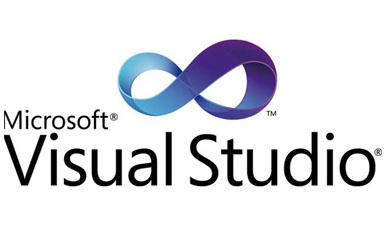
Module 1: A Lap Around the Testing Tools in Visual Studio
- A look at the Visual Studio product family
- Introducing Microsoft Test Manager
- The role of Team Foundation Server 2018 or Visual Studio Team Services
- Configuring our VSTS account
Module 2: Planning Our Testing Effort
- Reviewing requirements on the backlog
- What is a test plan?
- Defining our test plan strategy
- Test types in Visual Studio
Module 3: Creating Our First Test Plan
- Creating a new test plan
- Organizing test cases using test suites
- Mapping requirements to tests
- Test configurations
Module 4: Authoring a Manual Test Case
- Creating a new manual test case
- Using Grid view to author and edit test cases
- Appropriate use of Expected Results
- Tagging test cases for better organization
Module 5: Executing Test Cases
- Defining which tests to include in a test run
- Assigning a tester to run tests
- Executing tests using the web-based Test Runner
- Executing tests using the Microsoft Test Runner
Module 6: Data-Binding Test Cases
- Adding parameters to our test cases
- Using share parameters across multiple test cases
- Maintaining shared parameters
Module 7: Refactoring Test Cases
- Creating shared steps
- Reusing shared steps
- Shared steps in the Test Runner
- Best practices for shared steps
Module 8: Raising and Verifying Bugs
- Raising a bug
- The bug lifecycle
- View bug states
- Verifying a bug fix
Module 9: Exploratory Testing
- What is exploratory testing?
- Installing the Test & Feedback extension
- Creating bugs and test cases from exploratory tests
- Eliciting and managing feedback
Module 10: Focus on Microsoft Test Manager
- Data collectors in MTM and balancing storage
- Test Case Fast Forward
- Action recordings
- Raising bugs using the Microsoft Test Runner
- Exploratory testing using MTM
Module 11: Testing from the Kanban Board
- A lap around the Kanban board
- Interacting with tests from the Kanban board
- Copying and reparenting tests
Module 12: Managing Test Plans from Iteration to Iteration
- The need for a test release management
- Moving from iteration to iteration
- Cloning test plans
- Copying test cases to the next iteration
Module 13: Reporting Test Progress
- Test-related reports in TFS
- Creating a test/QA dashboard
- Analytics in VSTS
This course is designed for team members who perform the role of tester within their team in either a full-time or part-time capacity. The course would also be beneficial for developers looking to increase their knowledge of testing.
Attendees should be familiar with testing theory and practices.
At the completion of this course, attendees will be able to:
- Explain the testing capabilities of the Visual Studio ALM product suite
- Create and manage test plans and test suites
- Manage test configurations and assign non-default configurations to test cases
- Create high quality, maintainable test cases
- Execute tests using both the web-based test runner and Microsoft Test Runner
- Use Test Case Fast Forward to help speed up the testing process
- Create actionable, high quality bug reports
- Verify resolved bugs and manage the bug lifecycle
- Conduct exploratory testing using the Test & Feedback extension
- Conduct exploratory testing using Microsoft Test Manager
- Manage test plans over multiple iterations and releases
- Create a dashboard to show test status and progress
- Report on test results and testing progress
- Gain an overview of how to create automated coded UI tests
